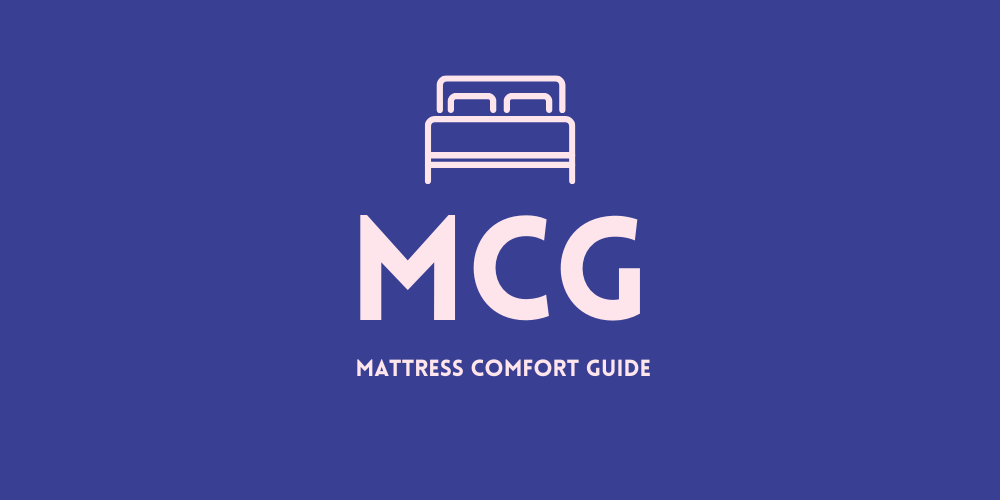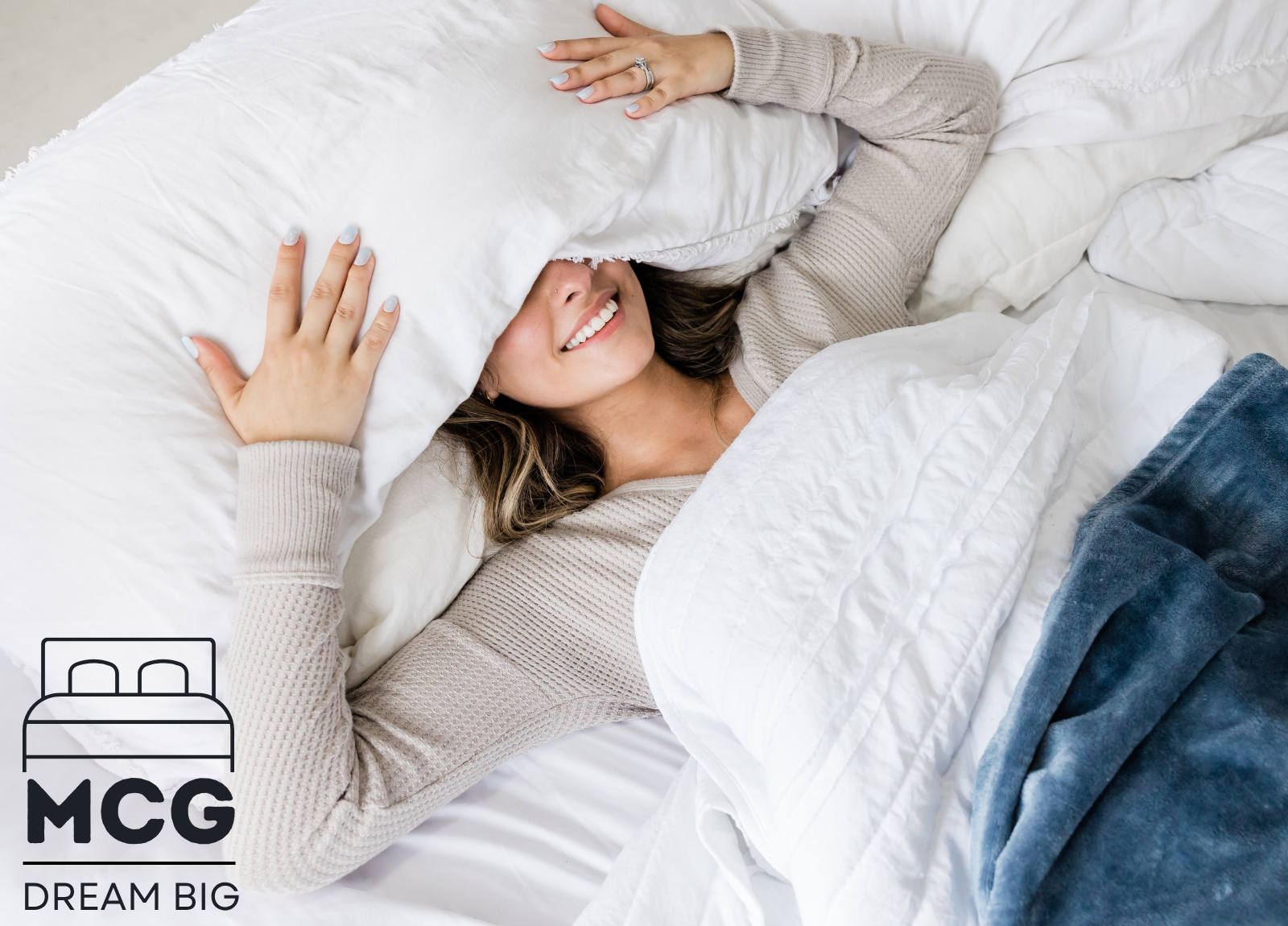
Yes, an adjustable bed can help snoring and sleep apnea. With the press of a button, an adjustable bed can raise the upper body and elevate the head above the chest. This sleeping position helps promote airflow in the throat and back of the mouth and can help prevent snoring or obstructive sleep apnea. Below we cover everything you need to know about – ‘Do Adjustable Beds Help Snoring and Sleep Apnea‘?
Does an Adjustable Bed Help Snoring?
Snoring can be more than a general annoyance. It can be a serious problem when it disturbs the sleep quality of a significant other. A good night’s sleep is vital for rest and recovery. It is a time that allows our bodies to recover and prepare for the day ahead. And, if snoring is interrupting an individual’s sleep quality, it can have serious negative effects on their well-being and overall health.
So, how do you stop snoring? Is there a simple way to alleviate the problem? And, do adjustable beds help snoring? Thankfully, the answer is YES. An adjustable bed can help alleviate snoring. And, for some individuals, it can eliminate the problem entirely.
How Does an Adjustable Bed Help with Snoring?
So, how does an adjustable bed help with snoring? Snoring can be triggered by a range of contributing factors. Among the most common are age, obesity, and sleeping position. And, if snoring is being caused by sleeping position it can be prevented by using an adjustable bed.
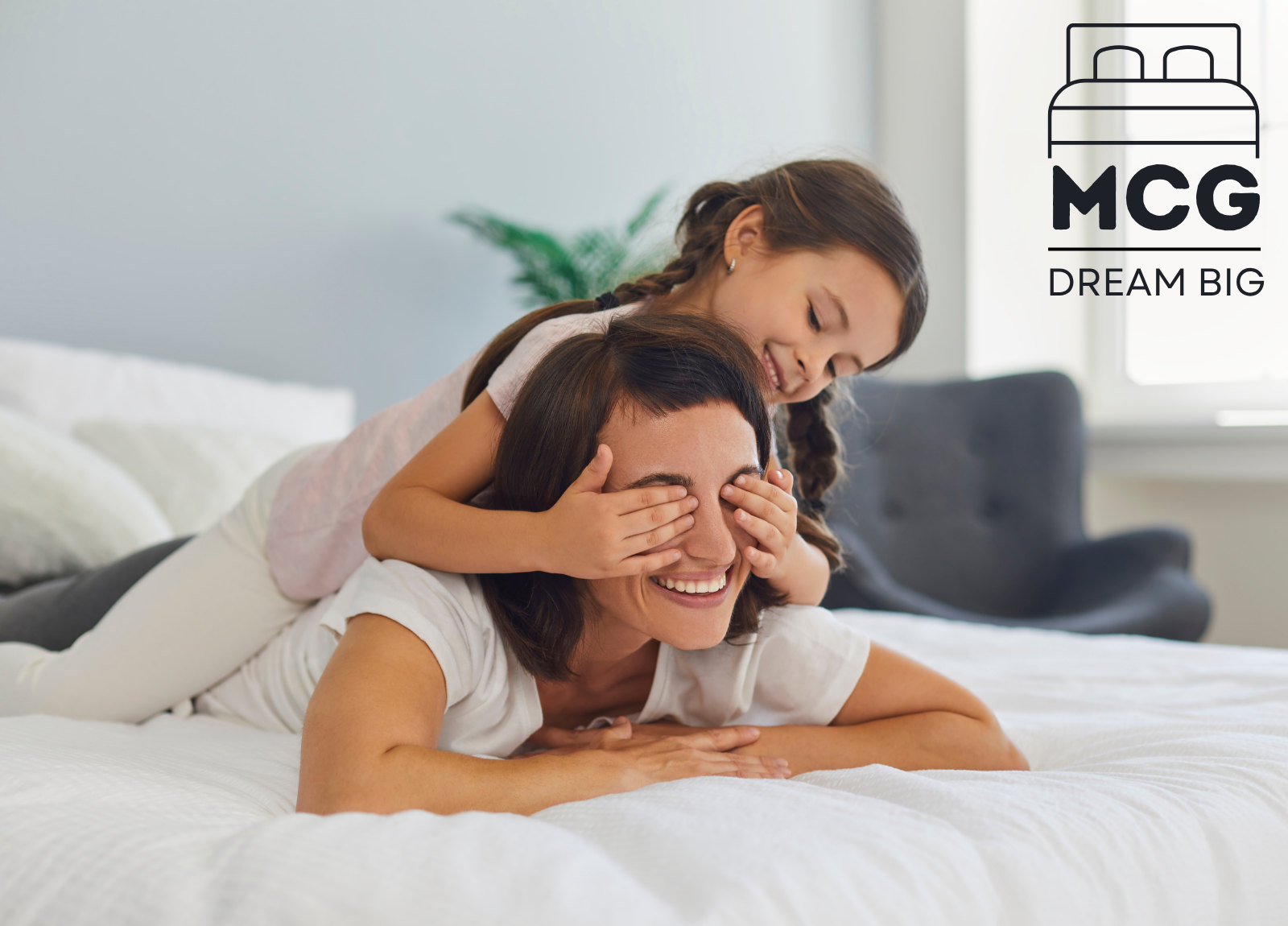
An adjustable bed can be used to elevate your head above your chest. This has the effect of promoting airflow and helps prevent soft tissue in this area from restricting breathing in the throat and back of the mouth. It is when air flow becomes restricted in this area that snoring occurs.
By raising the head of an adjustable bed, even slightly, you create a sleeping position that helps relieves pressure on the airways and promotes a healthy airflow. Many people will find that this reduces snoring – and it may even prevent it. Let’s take a closer look at how an adjustable bed helps stop snoring.
Elevated Sleeping Position
An adjustable bed helps stop snoring by creating an elevated sleeping position. By raising the upper section of the bed the head will be elevated above the chest. This helps keep the airways open while you sleep and prevent snoring.
Facilitates Back Sleeping
An adjustable bed facilitates back sleeping for those that favor sleeping on their back. This is the sleeping position that most frequently leads to snoring. However, by using an adjustable bed you can elevate the upper body and reduce the chances of snoring while sleeping on your back.
Facilitates Side Sleeping
Many people find they can achieve a more comfortable side sleeping position by using an adjustable bed. And, sleeping on your side is a good bet if you want to stop snoring. This position is much more likely to help keep the airways open and prevent snoring.
Avoid Stacking Pillows
An adjustable bed allows you to raise your head and adjust your sleeping position with the press of a button – no more stacking pillows. To achieve the same effect using pillows can be a cumbersome task and often involves restacking pillows during the night as they slip out of place.
Does an Adjustable Bed Help with Sleep Apnea?
How about sleep apnea? Does an adjustable bed help with sleep apnea? In short, yes. An adjustable bed can help with sleep apnea. However, sleep apnea is a medical condition. And, if you suspect you or your partner has it you should seek professional medical advice on how to address the issue. The following content is for general interest purposes only.
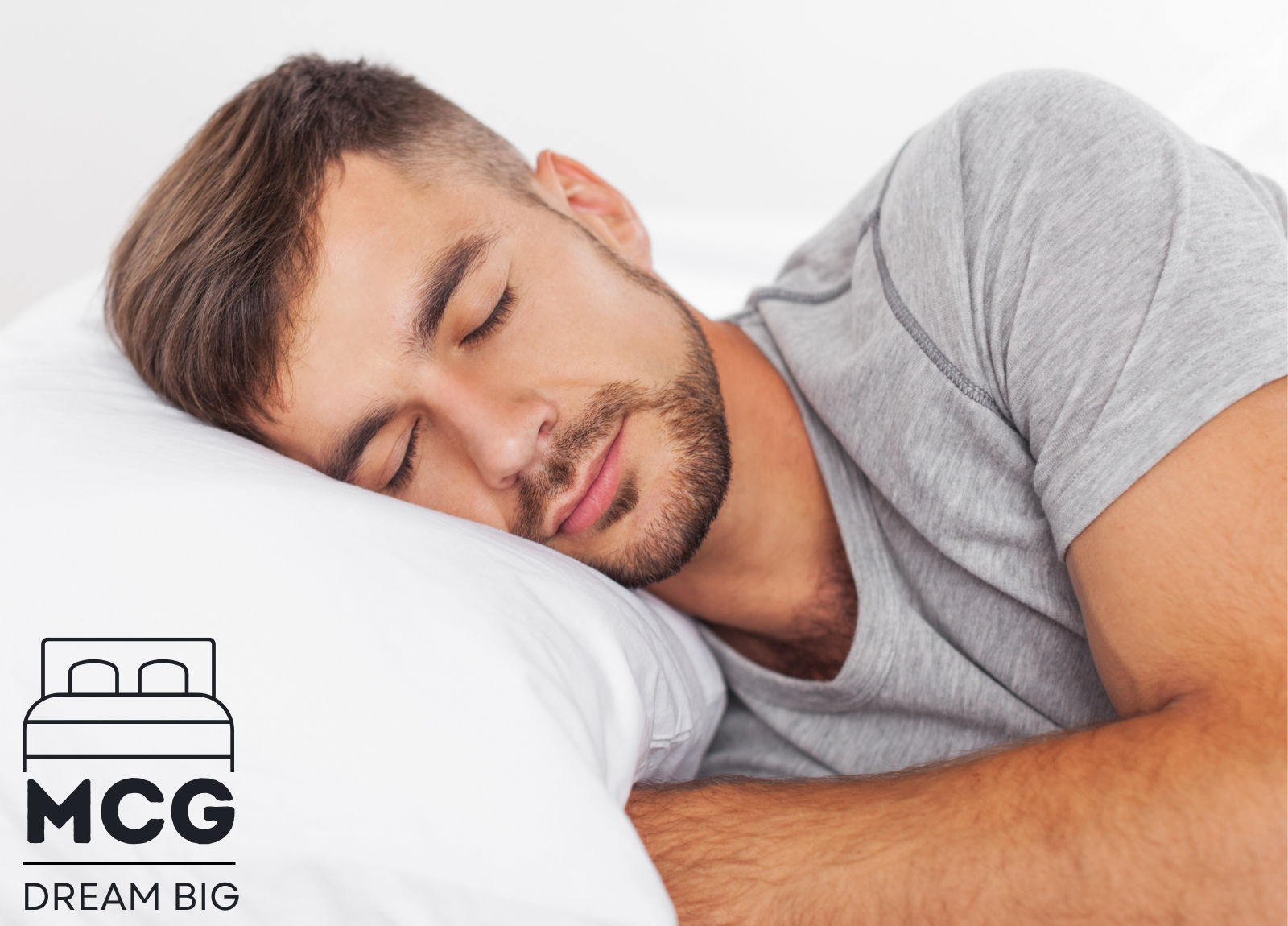
Adjustable beds are sometimes used to help address the problems caused by sleep apnea – specifically obstructive sleep apnea. Obstructive sleep apnea occurs when the airways become restricted due to relaxation and closure of soft tissue in the throat and at the back of the mouth. When this occurs, it is often accompanied by snoring.
An adjustable bed can be used to elevate the upper body in the same way as it is used to alleviate snoring. This results in the head being raised above the chest. Raising the head reduces the pressure placed on the throat area and helps promote airflow while you sleep. This can have the effect of reducing sleep apnea.
RELATED
Best Adjustable Bed Latex Mattress
What Mattress Goes on an Adjustable Bed?
Can You Adjust the Height of an Adjustable Bed?
What Causes Snoring?
Snoring can be a serious nuisance. It is caused by the partial blockage of airflow through the nose and mouth while you sleep. The noise caused by snoring is the vibration of throat and mouth tissue as air passes through them in a restricted manner. There are several factors that contribute to snoring, see below.
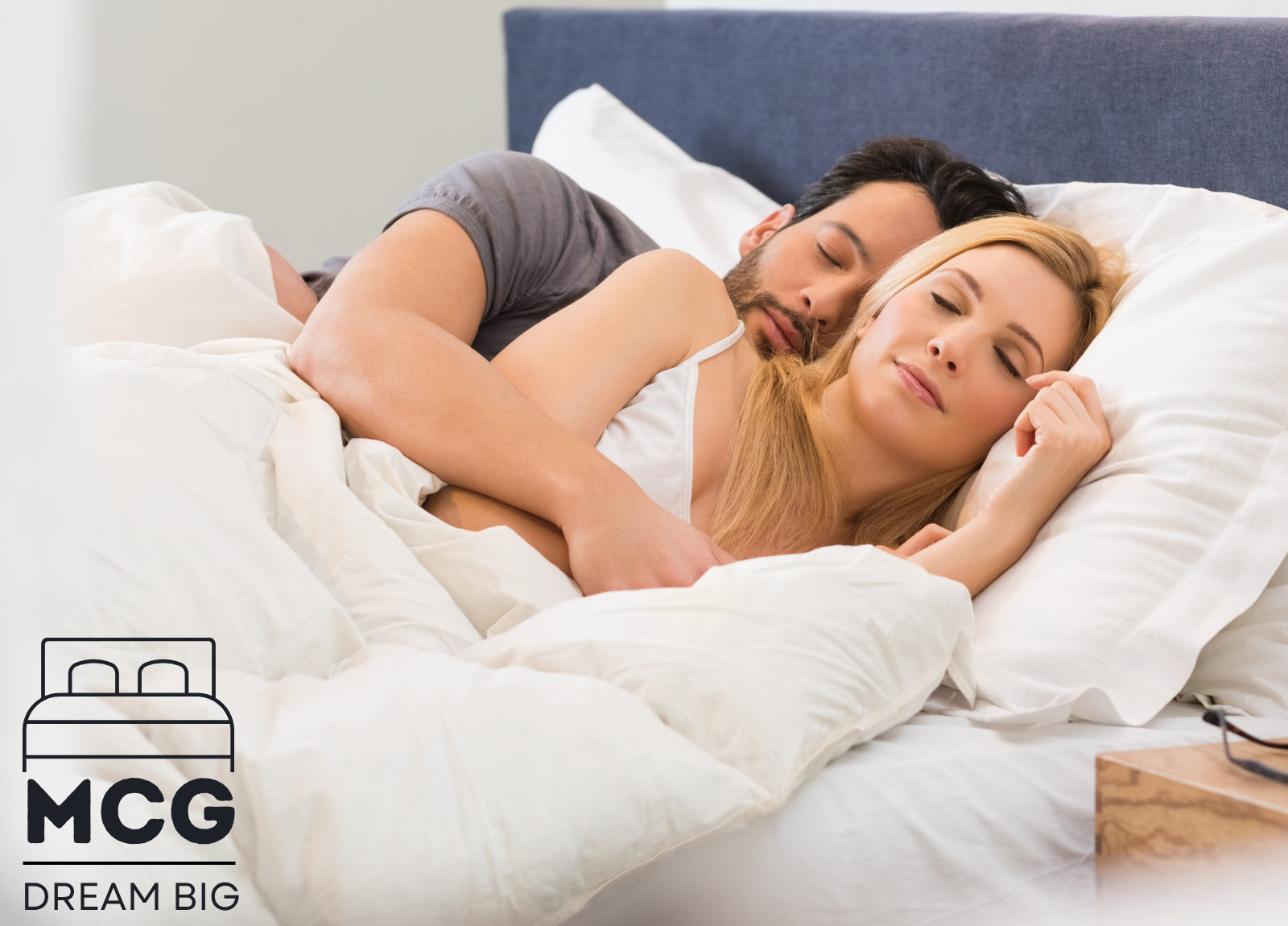
Sleeping Position
If you sleep on your back, your tongue and soft palate tissue move toward the back of your throat. This can restrict the airway and trigger snoring.
Age
Throat muscles become weaker with age which can lead to snoring. In short, older people are more likely to snore compared to younger individuals.
Excess Weight
Carrying excess body weight makes it more likely excess tissue will restrict the airways while sleeping. And, this causes snoring.
Sleep Deprivation
Snoring is more common in individuals that have experienced sleep deprivation. A lack of sleep can lead to increased relaxation of the muscles in the throat area.
Nasal Congestion
If your nasal passages are blocked or restricted due to a cold or allergy then an individual is more likely to snore.
Smoking
Smoking can cause irritation of the soft tissue lining the throat and back of the mouth. This can lead to inflammation that restricts the airflow and leads to snoring.
Alcohol & Sedatives
Alcohol and sedatives have a muscle-relaxing effect. This can lead to a loosening of the muscles in the throat and cause vibrations that lead to snoring.
Allergies
Allergies that affect the sinuses, throat, or back of the mouth can irritate the soft tissue in these areas and trigger snoring.
What Is Sleep Apnea?
Sleep apnea is a serious condition in which an individual’s breathing is interrupted while they sleep. It happens when the muscles in the back of the throat fail to keep the airways open. It results in brief pauses in breathing as the body cannot inhale while the airway is restricted. There are two types of sleep apnea – Obstructive Sleep Apnea and Central Sleep Apnea.
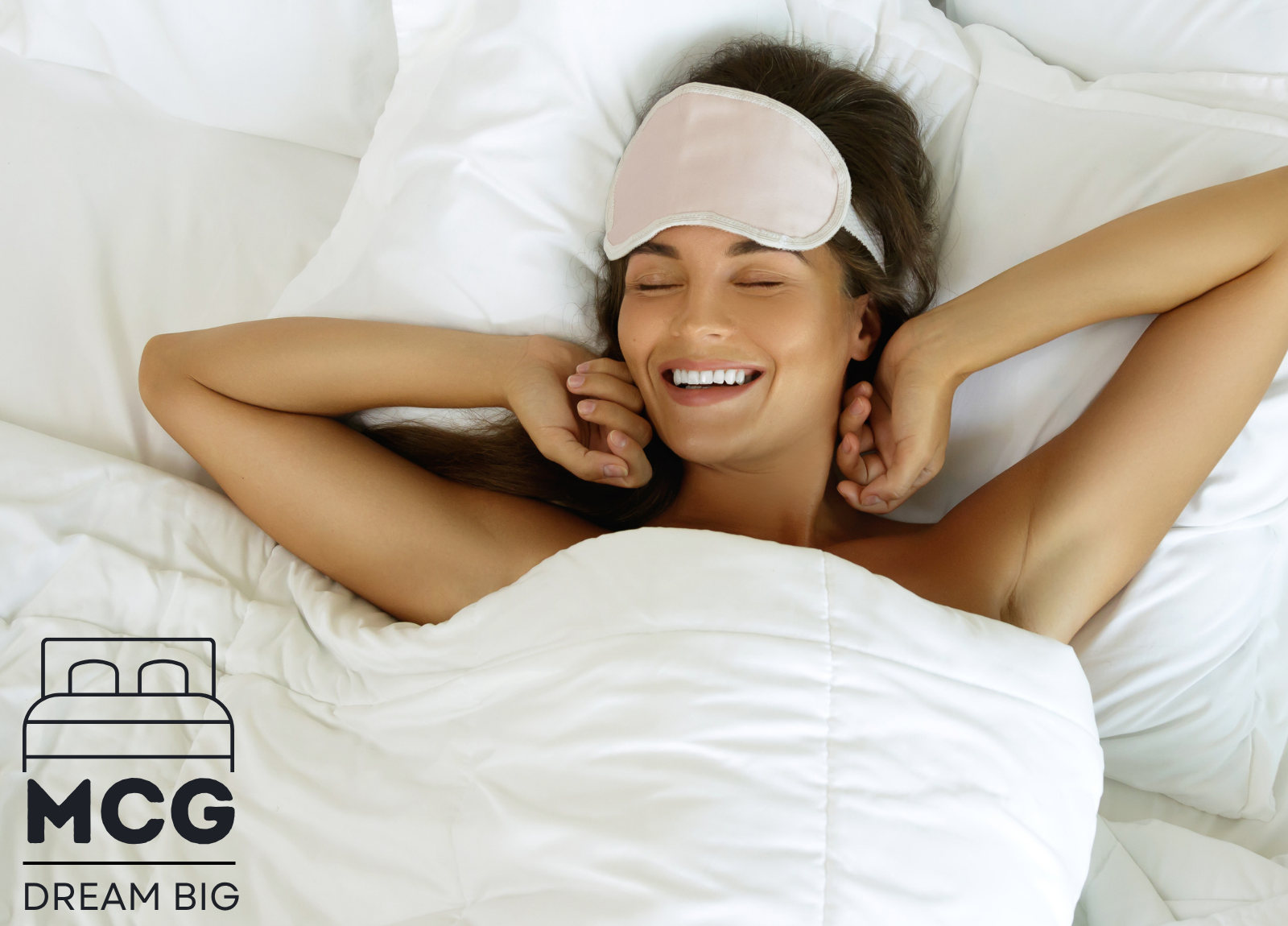
Obstructive Sleep Apnea
This is the most common form of sleep apnea and occurs when the muscles in the throat relax and block the airway while sleeping.
Central Sleep Apnea
This is a much less common form of sleep apnea and occurs when the brain fails to send the proper signals to the throat muscles to stay open while sleeping. Treatment for sleep apnea varies depending on the type and underlying causes.
Common sleep apnea treatments include lifestyle changes such as weight loss and quitting smoking. Doctors may advise the use of a Continuous Positive Airway Pressure machine – also known as a CPAP. This device delivers air pressure via a face mask during sleep.
READ NEXT
• Headboard for an Adjustable Bed
• Do You Need Special Sheets For an Adjustable Bed?
ABOUT THE AUTHOR
SARAH FOY – Mattress Expert
Sarah joined the MCG team in the summer of 2021. She is our in-house foam mattress expert. Whether it’s memory foam, latex foam, or straightforward polyfoam – she has you covered. Sarah has a particular passion for the unique body contouring effects and soft cradling support of latex and memory foam mattresses.
She has over 15 years of experience in the bedding, furniture, and textile industries. Sarah is a native of Arizona where she graduated from Northern Arizona University in the mid-noughties. When she’s not in the office she likes to tend to her apple tree orchard in Flagstaff where she lives with her husband and two daughters.
